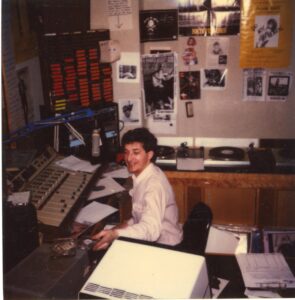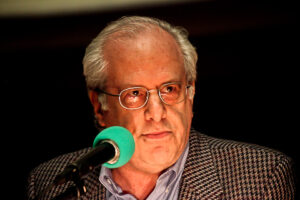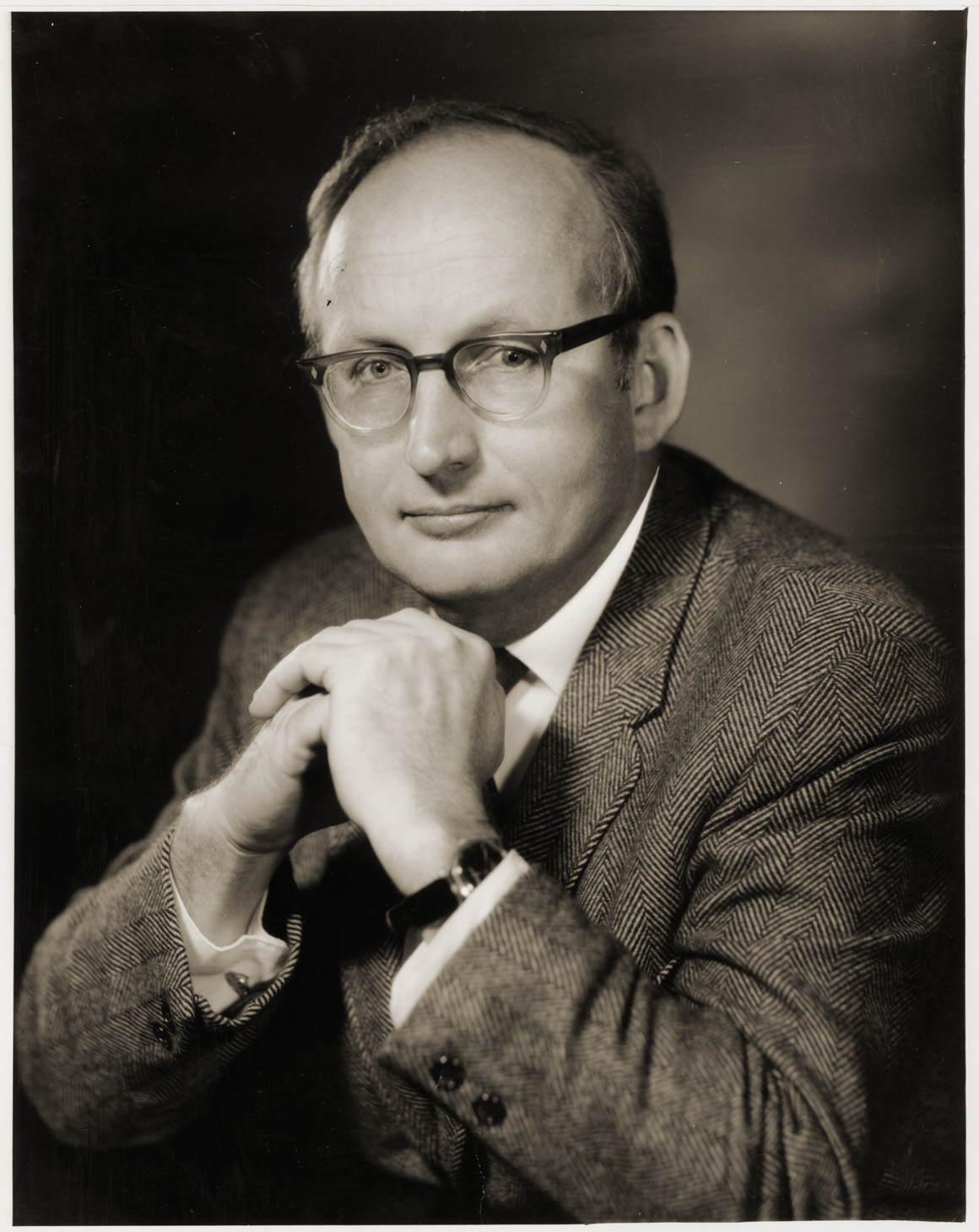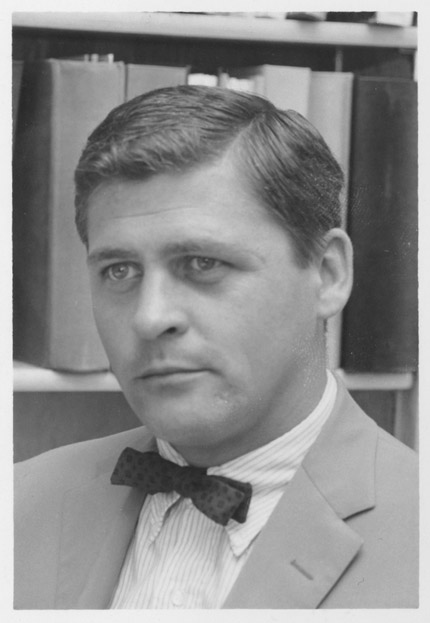Marshall P. Wilder Collection
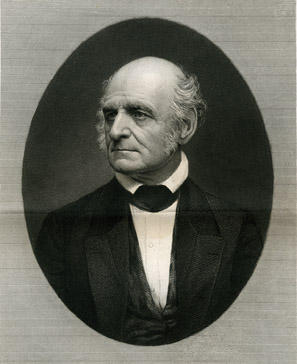
A merchant and amateur horticulturalist from Dorchester, Mass., Marshall P. Wilder (1798-1886) was a key figure in American pomology during the mid-nineteenth century and a major supporter of agricultural education. A supreme organizer and institution builder, he was a founder and president of the American Pomological Society and United States Agricultural Society, and president of the Massachusetts Horticultural Society and New England Historic Genealogical Society. His 1849 address before the Norfolk Agricultural Society is often credited as an important catalyst for the creation of the Massachusetts Agricultural College, and he served as trustee of the College from its opening in 1867 until his death in 1886.
The Wilder Collection consists primarily of printed works written or collected by Marshall P. Wilder, including materials pertaining to early meetings of the American Pomological Society and the United States Agricultural Society, his 1849 address to the Norfolk Agricultural Society, and his address to the first graduating class at MAC. Among the handful of manuscripts are a draft proposal to hold a national meeting of fruit growers (the inaugural meeting of the American Pomological Society), two letters regarding his donation of a large number of books to the MAC library, and a bound set of 22 beautiful watercolors of pear varieties painted by Louis B. Berckmans.


